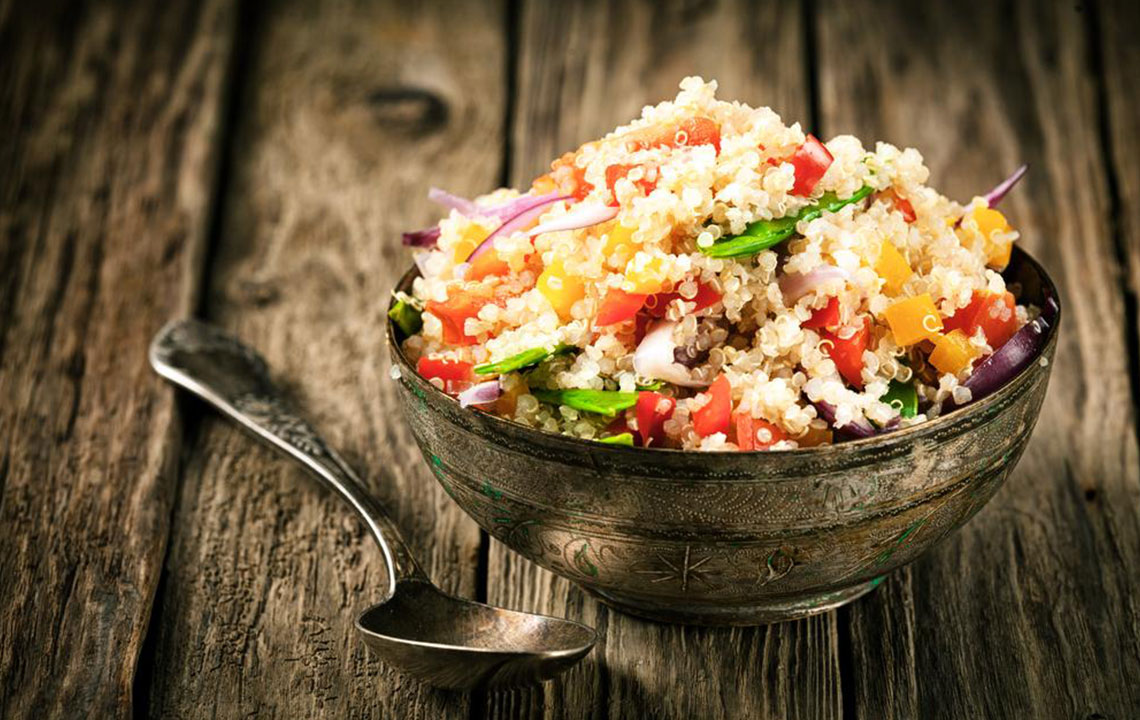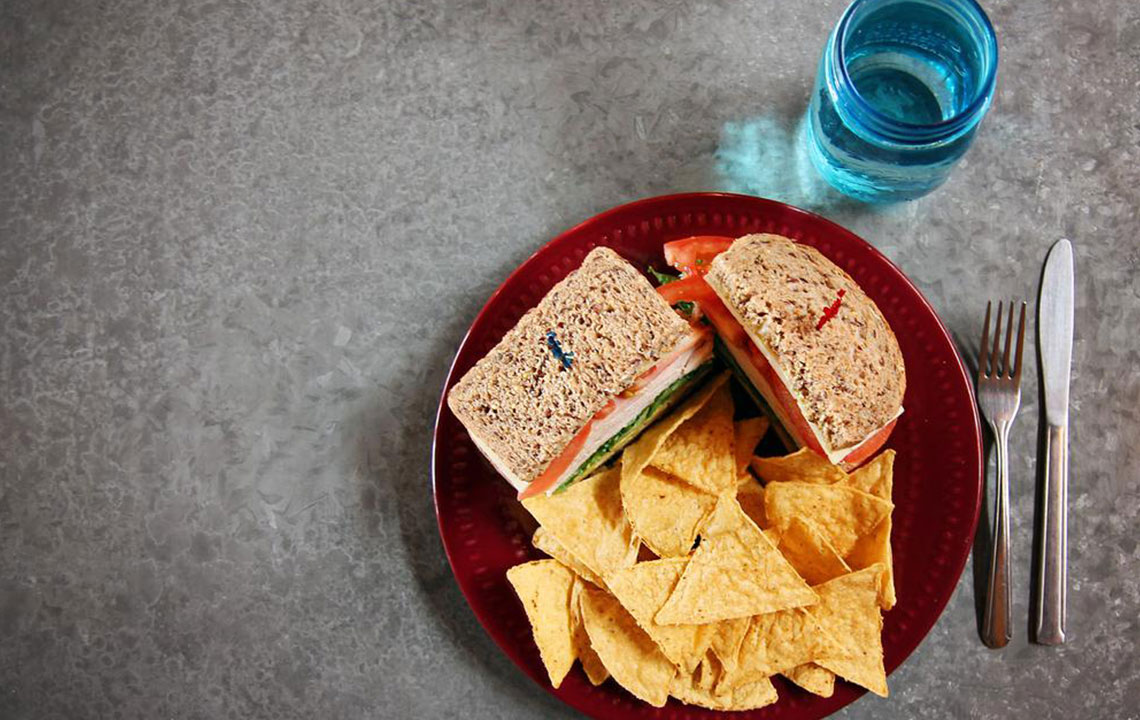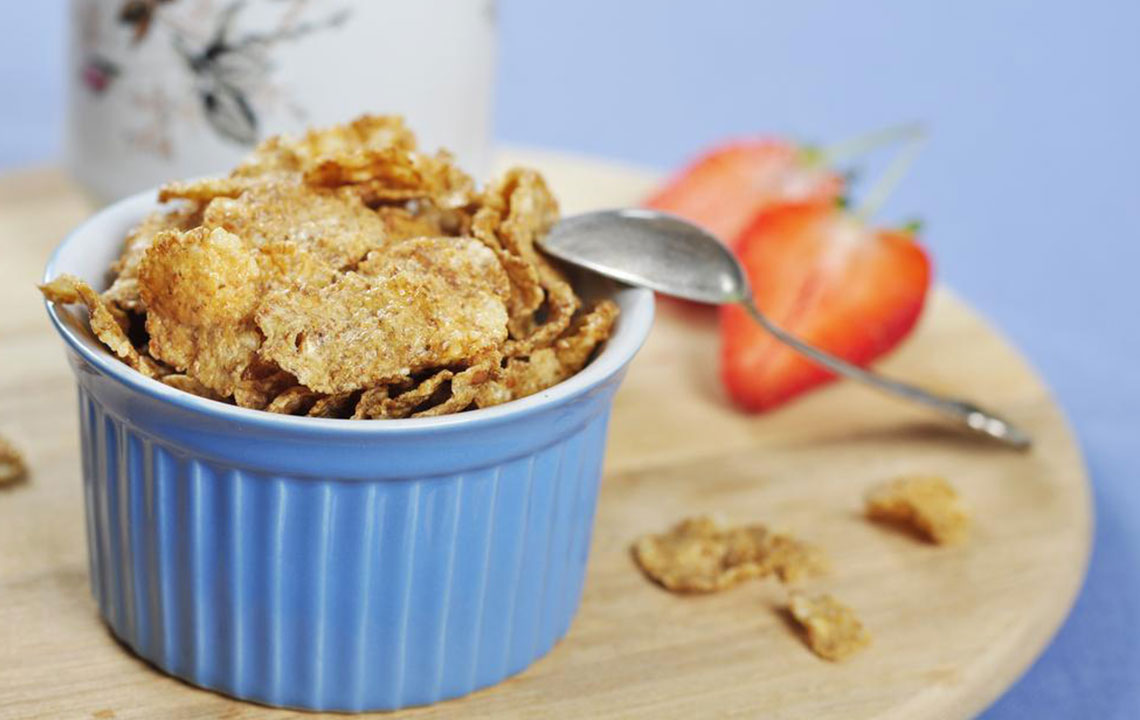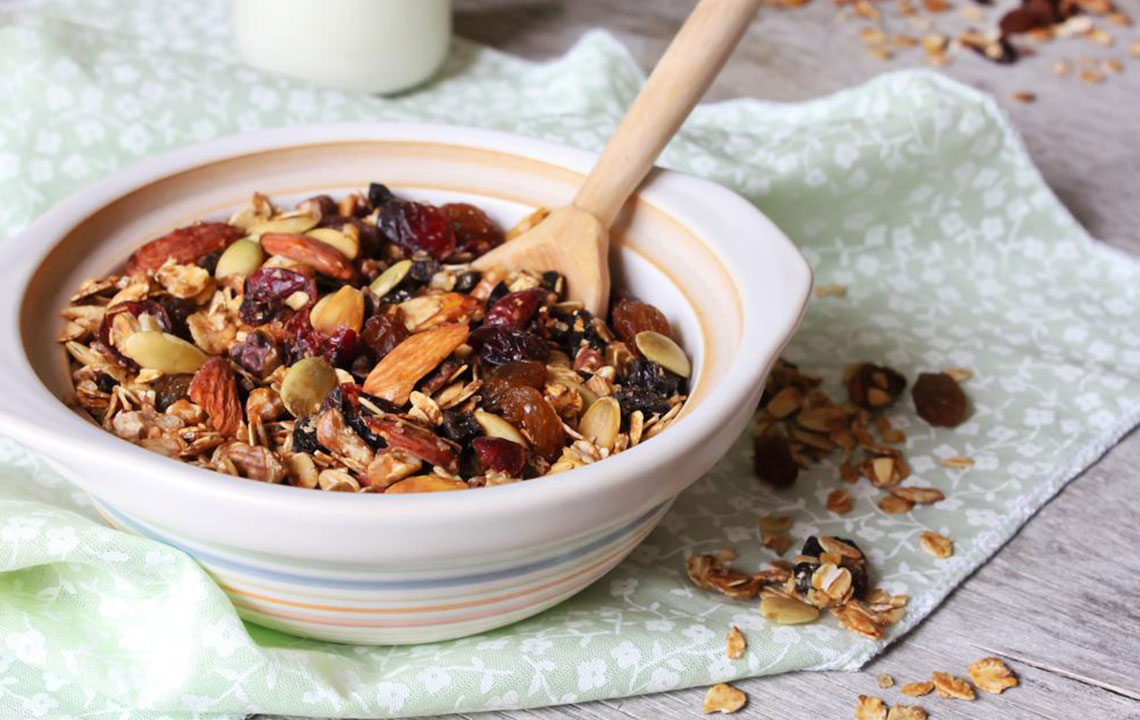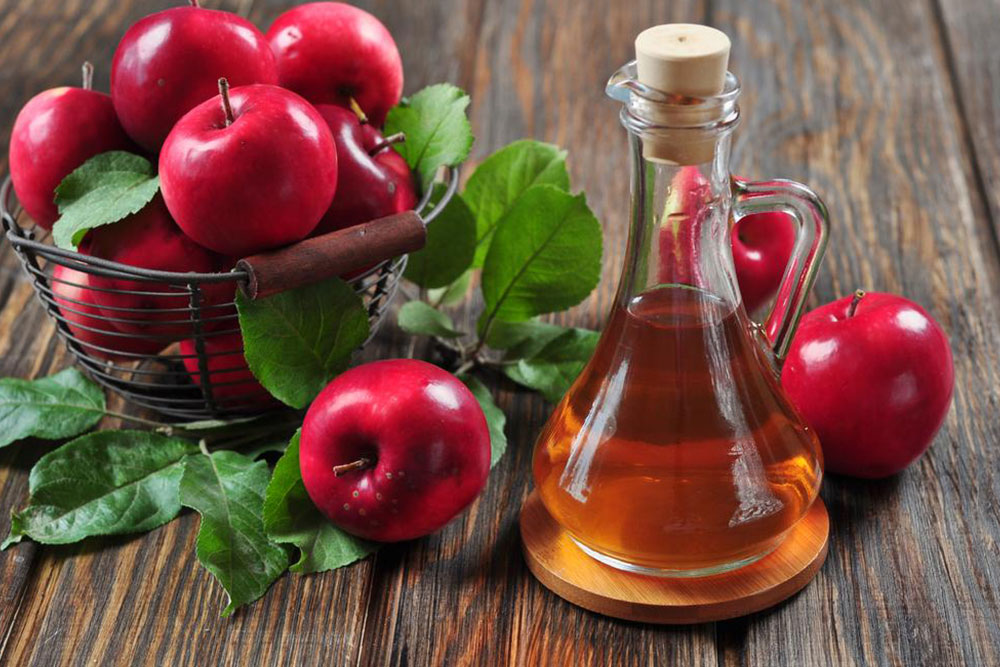Top 9 Nutrient-Dense High-Fiber Foods to Boost Your Health
Discover the top 9 high-fiber foods that can enhance your health naturally. This list includes lentils, beans, seeds, and vegetables, highlighting their benefits and fiber content. Incorporate these nutrient-dense options into your diet to support digestion, lower cholesterol, and promote overall wellness effortlessly.
Sponsored
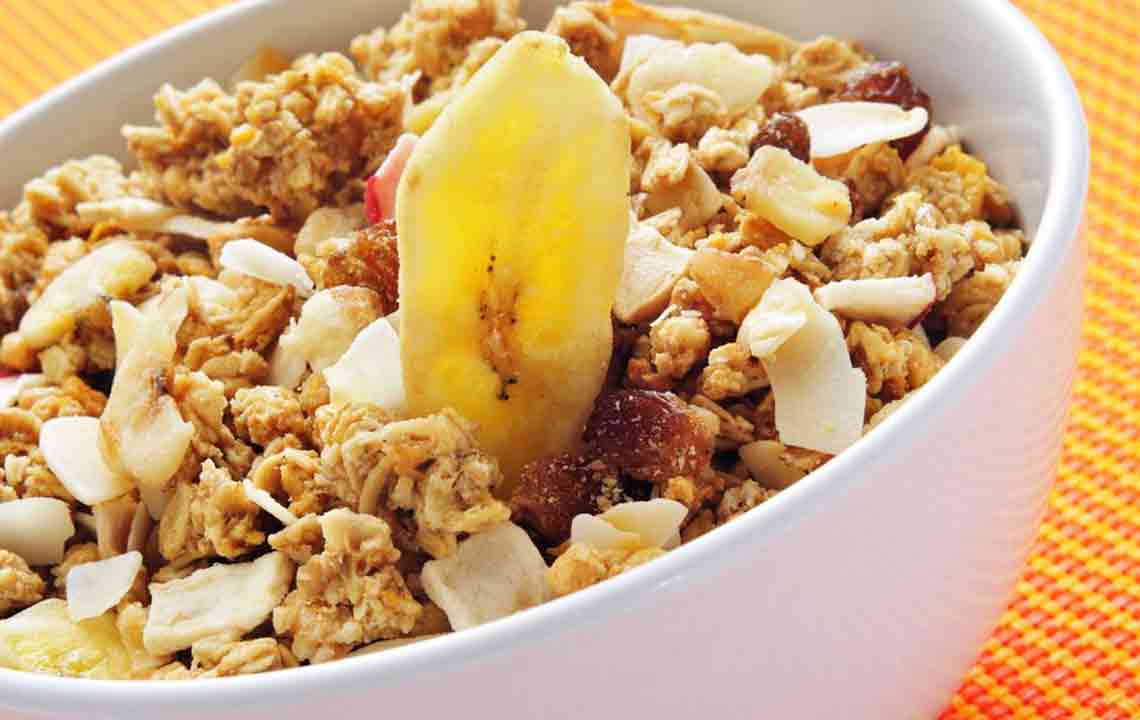
While macronutrients like carbs, proteins, and fats are often emphasized, dietary fiber is essential for overall well-being. It supports weight management, digestive health, reduces cholesterol, and lowers the risk of heart disease and diabetes. Fiber-rich foods include fruits, vegetables, whole grains, and legumes. The Institute of Medicine recommends daily fiber intake of 38 grams for men and 25 grams for women under 50. Here’s a curated list of high-fiber foods, their benefits, and fiber content per serving.
Lentils: Lentils are a top source of dietary fiber and protein, promoting satiety and sustained energy. Versatile and delicious, they can be added to soups and salads. Every 100 grams of cooked lentils provides about 8 grams of fiber, fulfilling roughly 21% of daily needs.
Split peas: Rich in fiber, split peas help regulate blood sugar and cholesterol while providing steady energy. They’re excellent in soups and stews. A 100-gram serving cooked offers around 8 grams of fiber, covering about 21% of daily fiber requirements.
Navy beans: These beans are packed with fiber and essential nutrients, aiding in cholesterol management and blood sugar control. They’re perfect for spreads, salads, and soups. Cooked navy beans supply approximately 11 grams of fiber per 100 grams, nearly 29% of daily needs.
Kidney beans: Known for helping lower cholesterol and supporting heart health, kidney beans are versatile in salads, pies, and Mexican dishes. Each 100 grams offers about 6 grams of fiber, meeting roughly 16% of daily needs.
Chia seeds: Superfoods high in fiber, chia seeds boost energy, enhance skin health, and strengthen bones. They can be eaten raw, soaked, or added to smoothies and baked goods. A 100-gram serving provides 34 grams of fiber, fulfilling about 89% of daily fiber requirements.
Flax seeds: Rich in fiber, flax seeds promote weight loss, improve skin and hair health, and aid digestion. Use them in smoothies, cereals, or baking. Each 100 grams contains 27 grams of fiber, covering roughly 71% of daily needs.
Sunflower seeds: These seeds provide both protein and fiber, supporting digestion and blood sugar regulation. Incorporate them into salads, baked goods, and sandwich spreads. A 100-gram portion delivers 12 grams of fiber, about 23% of daily requirements.
Artichokes: The most fiber-rich vegetable in this list, artichokes improve liver health, relieve indigestion, and support blood pressure regulation. They can be enjoyed in dips, pasta, and salads. Every 100 grams offers 5 grams of fiber, making up 13% of daily needs.
Peas: Green peas are rich in fiber and promote digestion, reduce cancer risk, and support heart health. They can be used fresh or added to salads with other vegetables. A 100-gram serving provides about 5 grams of fiber, covering 13% of daily fiber intake.
The diverse range of high-fiber foods listed above demonstrates how easily dietary fiber can be incorporated into everyday meals. Prioritizing fiber-rich foods can significantly improve health and reduce disease risk without disrupting daily routines.

